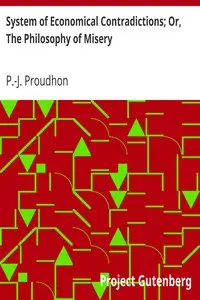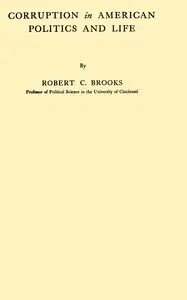"Illustrations of Political Economy, Volume 4" by Harriet Martineau is a set of thought-provoking writings from the 1800s that dives into poverty and work issues in England. It homes in on the tough lives of farmworkers in Kent and the battles they fought. Using storytelling, Martineau shows how poverty, crime, and the fight to make a living played out while society was changing fast. The book starts with Mr. Castle, a worker in a poor part of Kent, and shows how different things were between the area's rich land and the deep poverty of the people living there, especially the Castles. As Mr. Castle struggles to feed his family and deals with being looked down on because he's poor, the story sets up a powerful talk about leaving home and finding chances for a better life. Castle’s son, Frank, thinks about moving to Van Diemen's Land to find more opportunity, which highlights themes of hope and looking for better beginnings when faced with hard times.
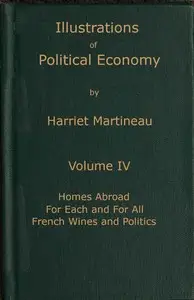
Illustrations of political economy, Volume 4 (of 9)
By Harriet Martineau
In 19th-century England, a family must decide between enduring hardship at home or risking everything for a new life in a distant land.
Summary
About the AuthorHarriet Martineau was an English social theorist. She wrote from a sociological, holistic, religious and feminine angle, translated works by Auguste Comte, and, rarely for a woman writer at the time, earned enough to support herself. The young Princess Victoria enjoyed her work and invited her to her 1838 coronation. Martineau advised "a focus on all [society's] aspects, including key political, religious, and social institutions". She applied thorough analysis to women's status under men. The novelist Margaret Oliphant called her "a born lecturer and politician... less distinctively affected by her sex than perhaps any other, male or female, of her generation."
Harriet Martineau was an English social theorist. She wrote from a sociological, holistic, religious and feminine angle, translated works by Auguste Comte, and, rarely for a woman writer at the time, earned enough to support herself. The young Princess Victoria enjoyed her work and invited her to her 1838 coronation. Martineau advised "a focus on all [society's] aspects, including key political, religious, and social institutions". She applied thorough analysis to women's status under men. The novelist Margaret Oliphant called her "a born lecturer and politician... less distinctively affected by her sex than perhaps any other, male or female, of her generation."

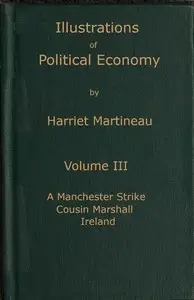
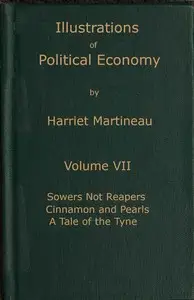
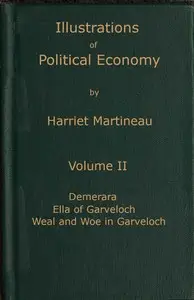
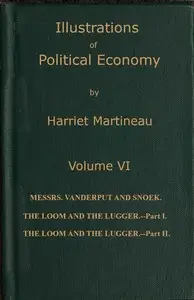
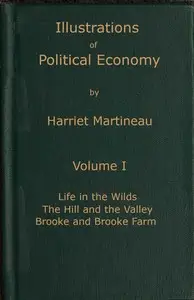
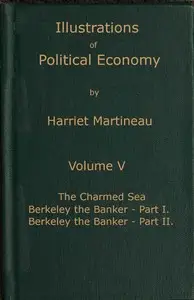
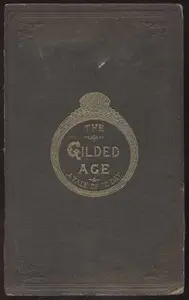





![A Treatise of Taxes and Contributions
Shewing the nature and measures of crown-lands, assessements, customs, poll-moneys, lotteries, benevolence, penalties, monopolies, offices, tythes, raising of coins, harth-money, excize, &c.; with several intersperst discourses and digressions concerning warres, the church, universities, rents & purchases, usury & exchange, banks & lombards, registries for conveyances, beggars, ensurance, exportation of money [&] wool, free-ports, coins, housing, liberty of conscience, &c.; the same being frequently applied to the present state and affairs of Ireland. by William Petty](https://cdn.a2-host.cloud/3C0WPKqmJdFjaPqMk-zlsVSTQ9CzS9XHreIMZjJvFkk/rs:fill:215:325:0/g:ce/aHR0cHM6Ly9zcC1hc3NldHMuczMudXMtd2VzdC0wMDQuYmFja2JsYXplYjIuY29tL2Jvb2svNjE1ODgvQV9UcmVhdGlzZV9vZl9UYXhlc19hbmRfQ29udHJpYnV0aW9uc19TaGV3aW5nX3RoZV9uYXR1cmVfYW5kX21lYXN1cmVzX29mX2Nyb3dubGFuZHNfYXNzZXNzZW1lbnRzX2N1c3RvbXNfcG9sbG1vbmV5c19sb3R0ZXJpZXNfYmVuZXZvbGVuY2VfcGVuYWx0aWVzX21vbm9wb2xpZXNfb2ZmaWNlc190eXRoZXNfcmFpc2luZ19vZl9jb2luc19oYXJ0aG1vbmV5X2V4Y2l6ZV9jX3dpdGhfc2V2ZXJhbF9pbnRlcnNwZXJzdF9kaXNjb3Vyc2VzX2FuZF9kaWdyZXNzaW9uc19jb25jZXJuaW5nX3dhcnJlc190aGVfY2h1cmNoX3VuaXZlcnNpdGllc19yZW50c19wdXJjaGFzZXNfdXN1cnlfZXhjaGFuZ2VfYmFua3NfbG9tYmFyZHNfcmVnaXN0cmllc19mb3JfY29udmV5YW5jZXNfYmVnZ2Fyc19lbnN1cmFuY2VfZXhwb3J0YXRpb25fb2ZfbW9uZXlfd29vbF9mcmVlcG9ydHNfY29pbnNfaG91c2luZ19saWJlcnR5X29mX2NvbnNjaWVuY2VfY190aGVfc2FtZV9iZWluZ19mcmVxdWVudGx5X2FwcGxpZWRfdG9fdGhlX3ByZXNlbnRfc3RhdGVfYW5kX2FmZmFpcnNfb2ZfSXJlbGFuZF9jb3Zlci5qcGc.webp)
